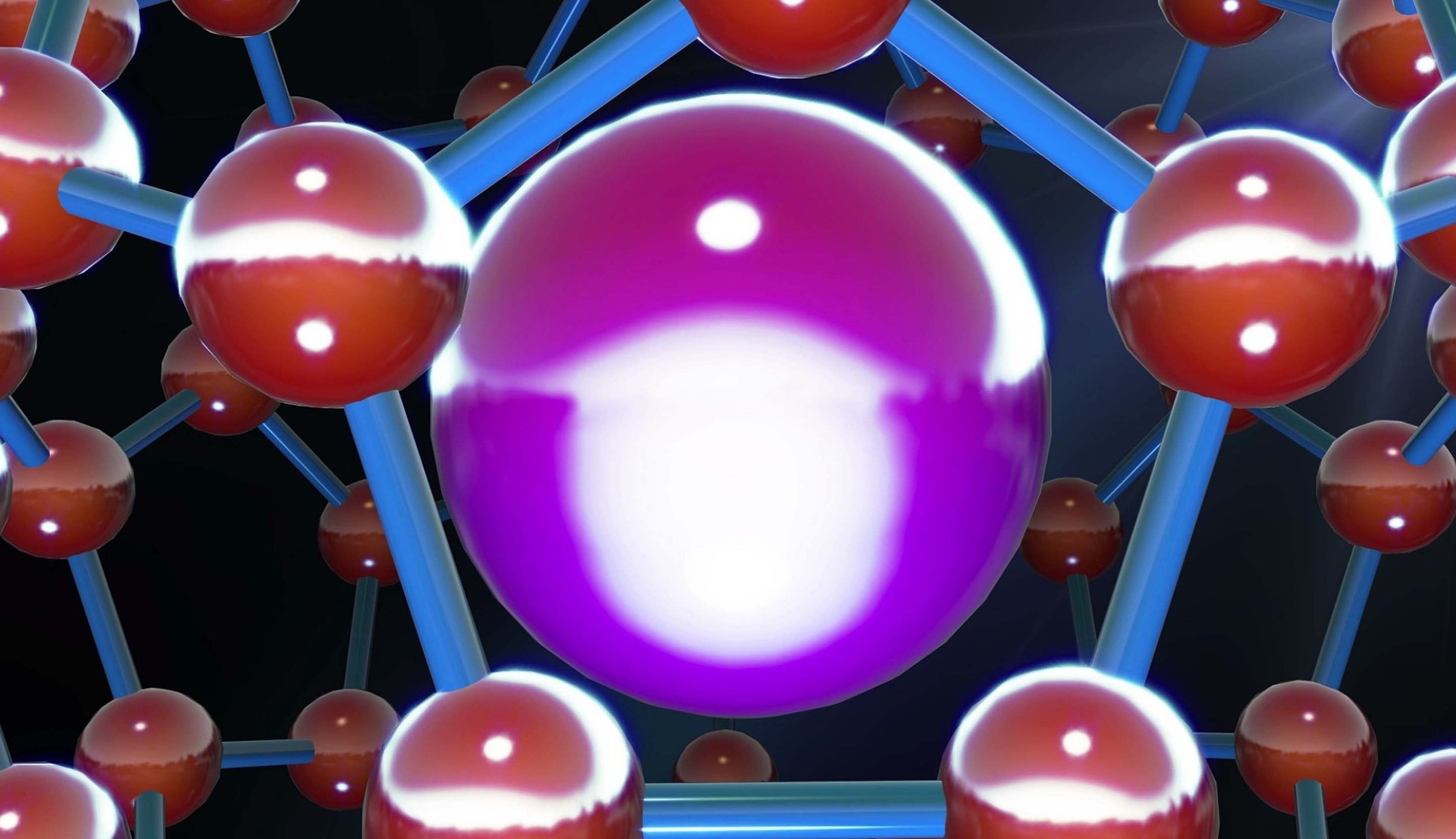
The research team's focus is the development of a process-wide approach to the design of solvent and reaction/separation processes which can be used to enable continuous processing and improve manufacturing batch processes. Our research team is developing:
- New technology for the synthetic manufacture of peptides and proteins;
- A process-wide approach to the design of solvents and process including methods for choosing solvents that promote solubility and coupling efficiency. This will involve coupling/deprotection protocols and solvent and hub design;
- An optimised synthesis route using an integrated multi-scale modelling approach.
See below for more information about the research projects within this Workpackage.
Principal investigators
- Prof Andrew Livingston (Workpackage Leader)
- Prof Claire Adjiman
- Prof Alan Armstrong
- Prof Amparo Galindo
- Prof Nilay Shah
Researchers
- Mohamad Muhieddine, PhD Researcher
- Lingfeng Gui, PhD Researcher
- Dr Sergei Kucherenko, Research Fellow
- Dr Ludmila Peeva, Research Fellow
Projects
The aim of this project is to establish an optimisation-based, process-wide systematic approach to the design of solvents and reaction/separation processes, which would facilitate the development of fully integrated pharmaceutical processes that incorporate multiple reaction, separation and purification steps. This project addresses a combined solvent and process design problem to account for the complex effects of solvent properties on process performance, and accordingly, employs a holistic/systems view for solvent selection. Furthermore, the envisioned process development framework will facilitate a promising shift from traditional batch processing to continuous manufacturing of active pharmaceutical ingredients (APIs), given the potential technical and economic benefits of implementing continuous flow manufacturing in the pharmaceutical industry. These advantages include: improved heat and mass transfer, advanced process automation, minimised solvent and energy waste, and reduced capital and operating costs.
Quantum mechanical calculations coupled with a computer-aided molecular design framework (QM-CAMD) are used for the design of reaction solvents that maximise key reaction performance metrics such as rate and selectivity. The QM-CAMD framework is being further developed to account for selectivity in competing reactions, include broader economic, safety and environmental constraints, and to make use of more accurate and efficient property prediction models. Adopting a computational approach for solvent selection eliminates the need for expensive and time-consuming experimental techniques and allows exploring a large set of possible molecules with only a small number of theoretical calculations. Therefore, by embedding QM-CAMD in the integrated solvent and process synthesis approach, a fast and comprehensive search for high-performance solvent candidates that optimise API synthesis could be achieved.
The principal investigators involved in this project are:
- Prof Claire Adjiman
- Prof Amparo Galindo
- Prof Alan Armstrong
The researchers involved in this project are:
- Mr Mohamad Muhieddine, PhD Researcher
- Mr Lingfeng Gui, PhD Researcher


